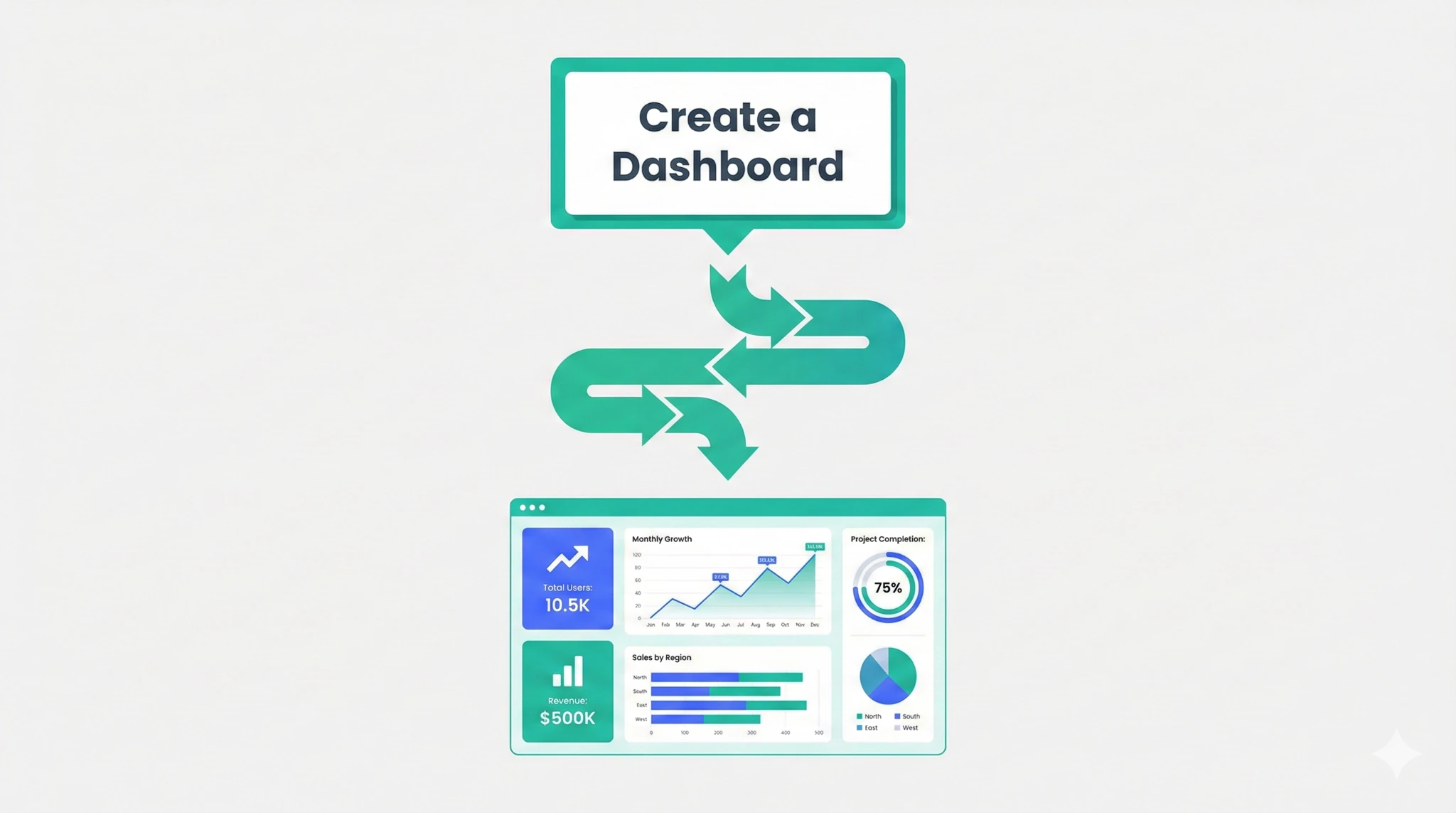How GenAI-competent is your organisation?

Why AI literacy is critical now — and how companies benefit from it
Hardly any technological topic has generated as much attention in such a short time as generative AI. Tools like ChatGPT or Midjourney are no longer just toys for tech enthusiasts – they are fundamentally transforming how we work, learn, and make decisions. Yet, while the technology is advancing rapidly, one question often remains unanswered: How well prepared are we – as employees, leaders, or entire organisations – really?
What does AI literacy mean?
AI literacy describes the ability not only to understand (generative) artificial intelligence, but also to critically evaluate it, use it effectively, and reflect on it ethically. A new study provides a helpful structure for this: in the matrix below, AI literacy is presented across three dimensions – from general understanding to domain-specific knowledge and personal attitude.

This matrix clearly illustrates that AI literacy is not a one-dimensional topic. It is not enough to simply understand the technology – it is also about using it responsibly and recognising its limitations.
The Flybridge approach: measuring and promoting GenAI literacy in organisations
To what extent are your employees GenAI-competent?This question is becoming increasingly relevant for organisations.At Flybridge, we recommend conducting an AI literacy survey as a first step – a method that has proven highly effective in practice.
Benefits
Such a survey offers several key advantages:
- Quick overview of the status quo
Identify skill gaps and uncover untapped potential. - Monitoring & development
Track progress and measure maturity through repeat assessments. - Employee engagement
Boost acceptance and motivation by actively involving employees.
Survey structure
The AI literacy survey is built around three central dimensions:
- Knowledge & Understanding
How well do employees understand how GenAI works and what it can be used for? - Skills & Application
Which tools have already been used? To what extent do employees feel confident using them in their day-to-day work? - Attitudes & Values
What is their stance towards AI? Are there ethical or political concerns?
These are supplemented by categorising features such as department or leadership role – allowing for targeted analysis and tailored measures.
A Practical Example
At a media company, the editorial department expressed significant uncertainty regarding generative AI. The GenAI literacy survey made this visible – enabling the development of targeted information resources and clear internal guidelines.
In contrast, within the publishing arm of the same organisation, an internal exchange format was introduced to actively share and build on existing knowledge.
➡️ Two different situations, two suitable solutions – both based on a solid diagnosis.
How Flybridge Supports Organisations
After the survey comes the transformation. Flybridge supports organisations in turning insights into action. This might include:
- Developing and communicating clear AI guidelines
- Conducting workshops – e.g. on prompt engineering or use-case identification
- Blended learning formats with input, quizzes, and reflection
- Trainings by function or maturity level
- One-on-one coaching for key individuals
- Sprint formats in teams to identify and solve use cases with generative AI – practical, iterative, and focused on rapid learning
- Agile pilot projects to develop concrete AI initiatives
We deliberately take a pragmatic approach: in many cases, significant progress can already be made using existing tools such as Microsoft Copilot or ChatGPT – without the need for major investments.
Conclusion
GenAI literacy is not a “nice to have” – it is a strategic necessity.
Those who invest today will benefit tomorrow – through more efficient processes, motivated employees, and better-informed decisions.
👉 Would you like to find out how well prepared your organisation is for GenAI? Let’s assess your current position – and shape the next step together.



